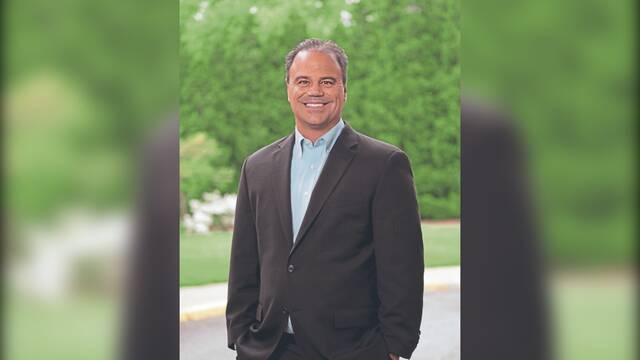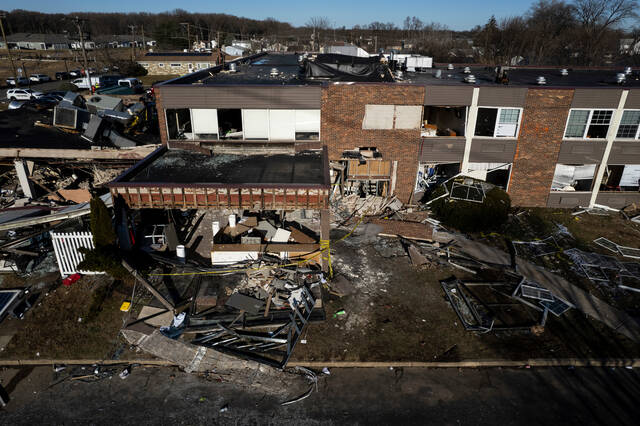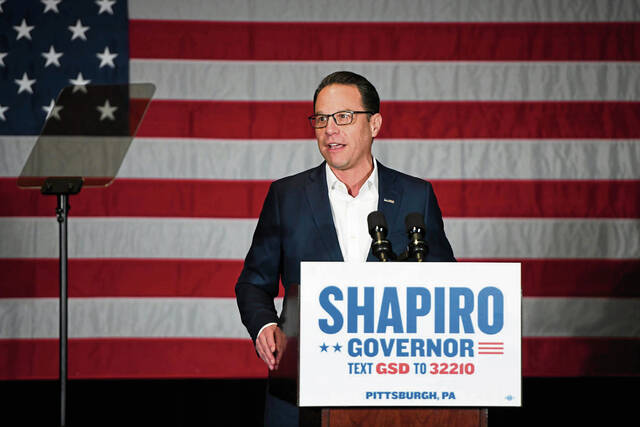A trade association representing more than 370 senior housing, health care and community service providers in Pennsylvania are calling for state lawmakers to approve a $294 million increase in nursing home funding.
The request comes on the heels of a report commissioned by LeadingAge PA showing that Pennsylvania nursing homes were underfunded by nearly $1.2 billion in Medicaid dollars during the 2019-‘20 fiscal year.
“Gross inequities in Medicaid funding for Pennsylvania nursing homes began long before the pandemic and have continued to escalate,” said LeadingAge PA Interim President and CEO Bob Bertolette. “Covid-19 created a dire situation in which some caregivers can no longer afford to fill their beds. In some cases, families who need care for a loved one cannot find it. This funding request should serve as the starting point for providing seniors with the support and care they deserve.”
LeadingAge PA officials were joined on March 1 by state Sen. Judy Ward, R-Blair and state Rep. Pam DeLissio, D-Philadelphia, to discuss the report that highlights the negative impact that inadequate Medicaid reimbursement levels have on long-term care facilities’ ability to remain operational.
The report estimated that the daily shortfall in Medicaid funding for the average nursing home resident is more than $86, with average daily expenses per patient at just under $340 and average Medicaid reimbursement at just under $254. That figure has nearly doubled since a similar statewide analysis was done in 2019, according to the report.
“At a Medicaid deficit of over $80 a day per resident, our long-term care facilities cannot wait much longer for relief,” Ward said. “If this unsustainable trend continues these facilities may be forced to cut staff, remove beds, or even worse, close down all together.”
Chuck Quinnan, senior vice president at LeadingAge PA, agreed.
“We all want our communities to not only survive, but thrive,” Quinnan said. “It is time to finally address these issues in meaningful and lasting ways because our seniors deserve better.
Ward is also drafting legislation that would direct the Joint State Government Commission to study the rising cost of long-term care facility personnel, the expertise and experience needed to work in those facilities, the current work environment for those employed and the level of care required by residents.
“Our long-term care facilities need help,” she said. “My hope is that my legislation is a step in that direction.”
DeLissio said Pennsylvania is in a unique financial position to make “significant strides toward this goal.”
“If we fail to move forward in this way, we are jeopardizing the ability of this level of care to continue,” she said.
To determine the potential gap between nursing home expenses and the reimbursement amount facilities receive through the Medicaid program, advisory firm RKL’s Senior Living Services Consulting Group developed a custom database using publicly available Medicaid cost reports to conduct granular calculations.
To read the full report, see LeadingAgePA.org.








